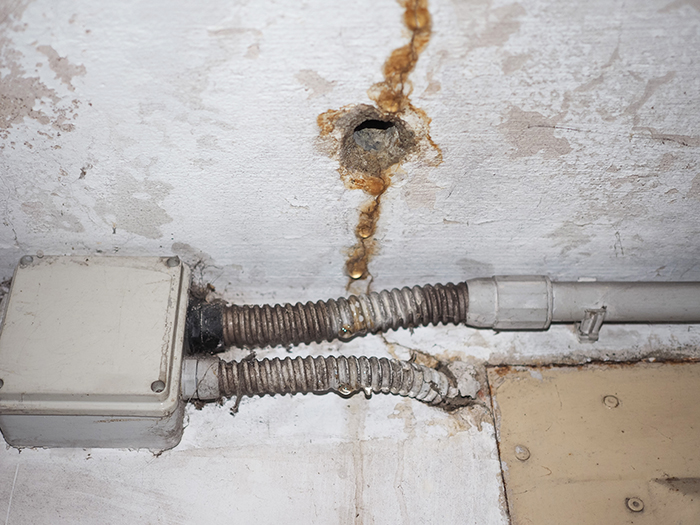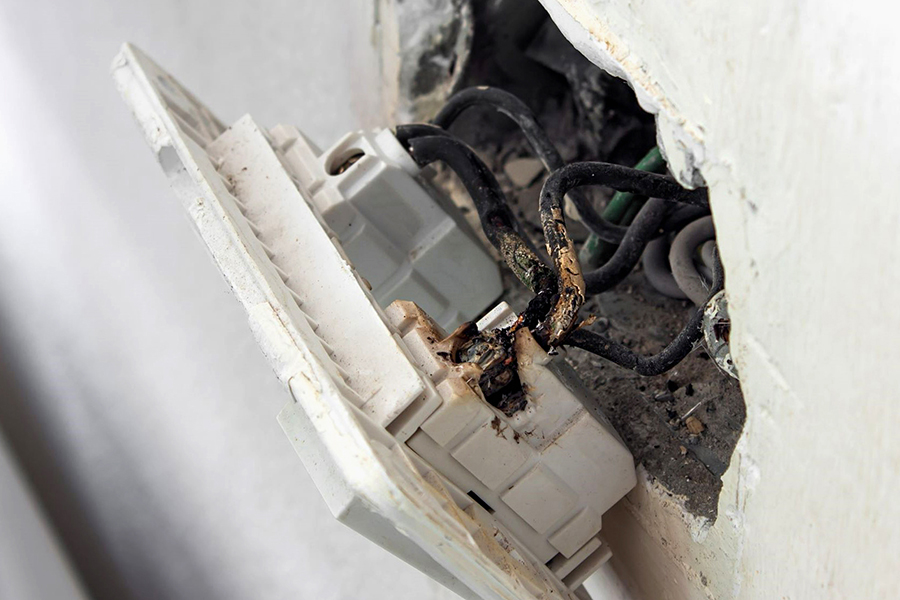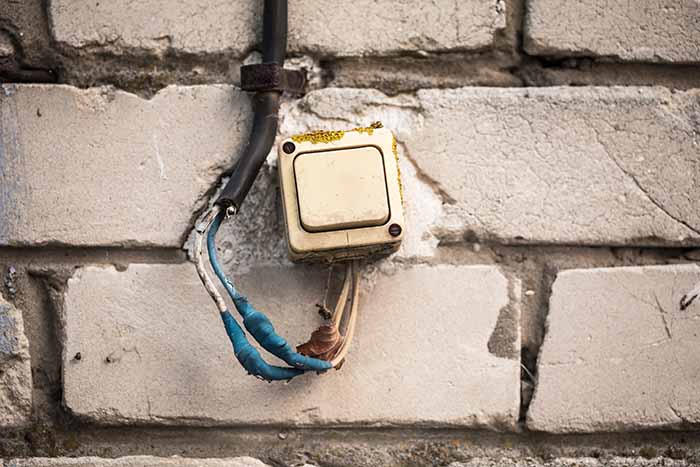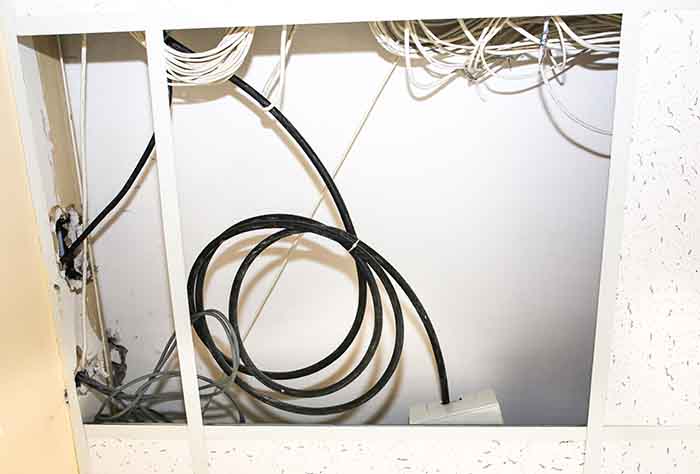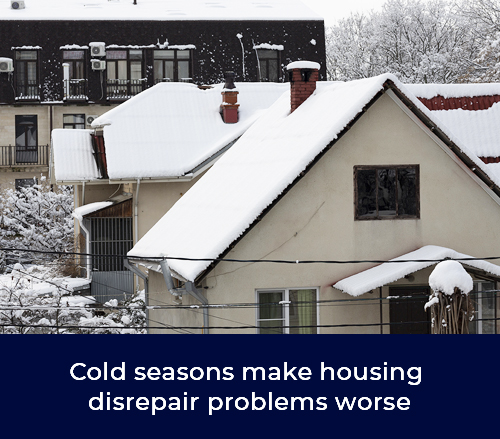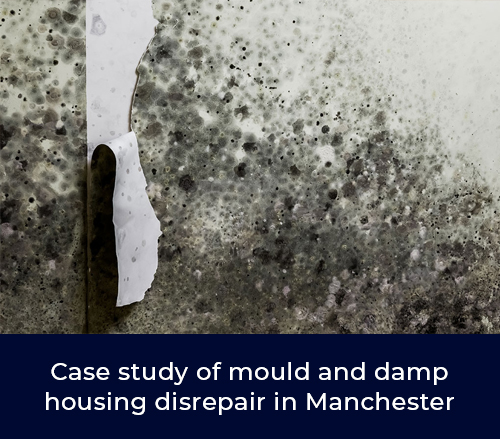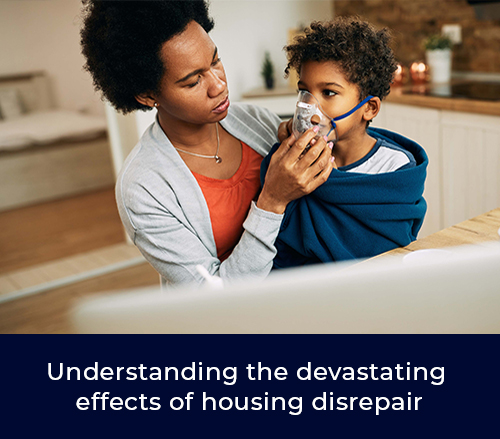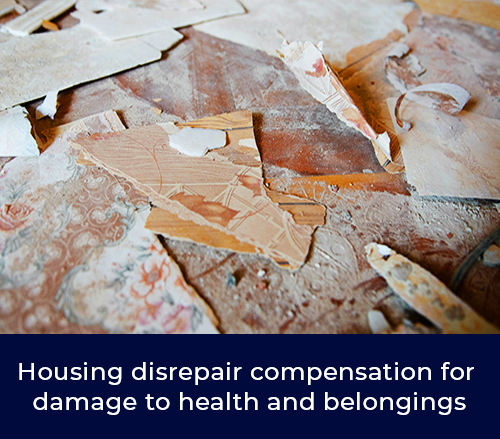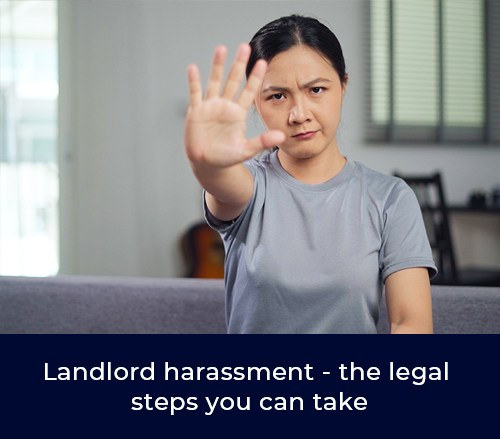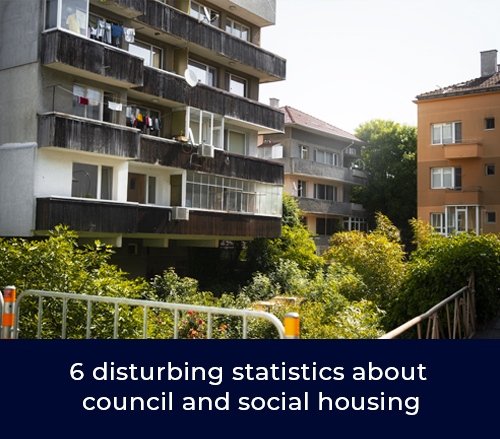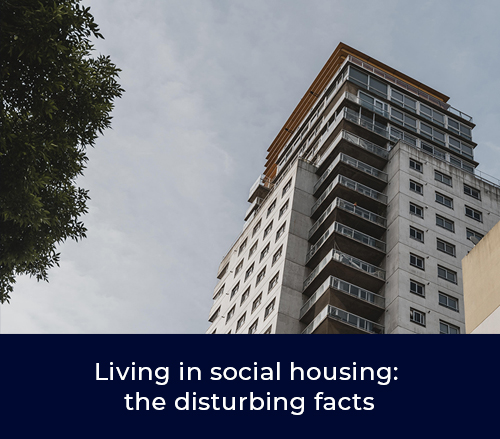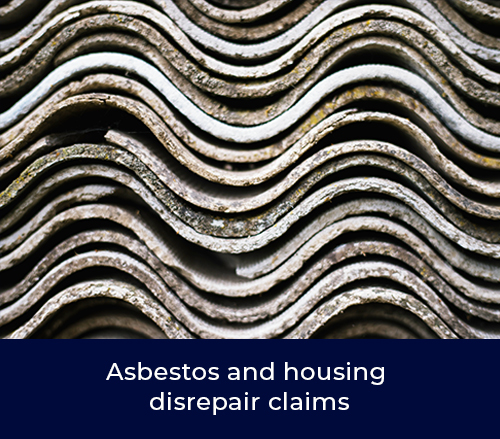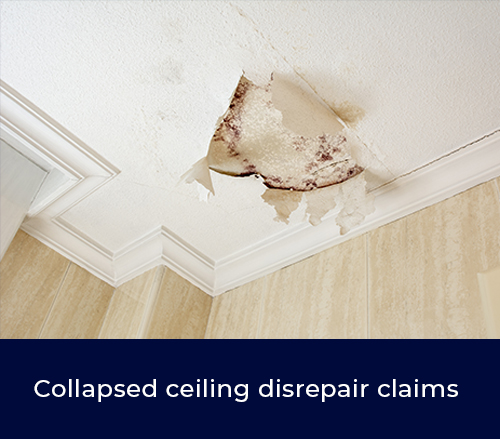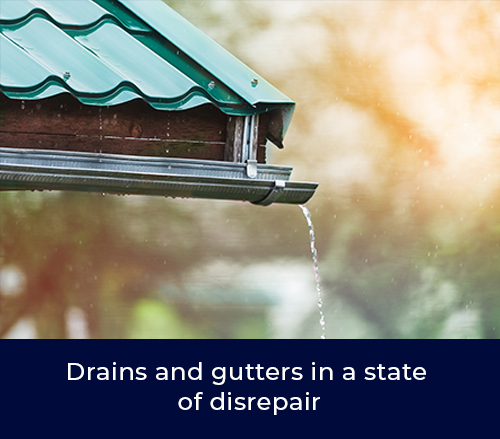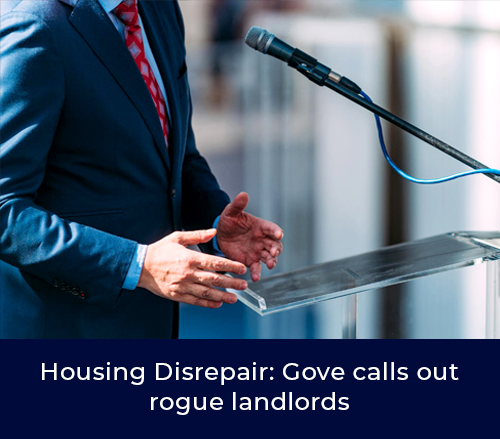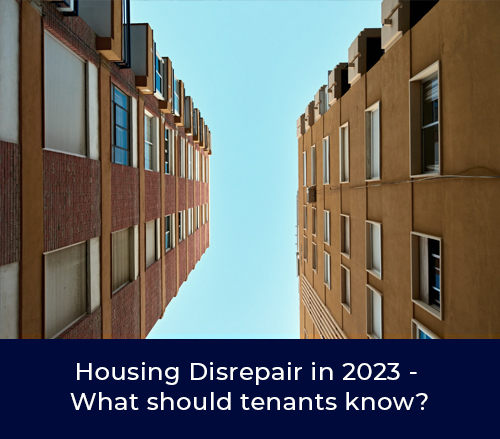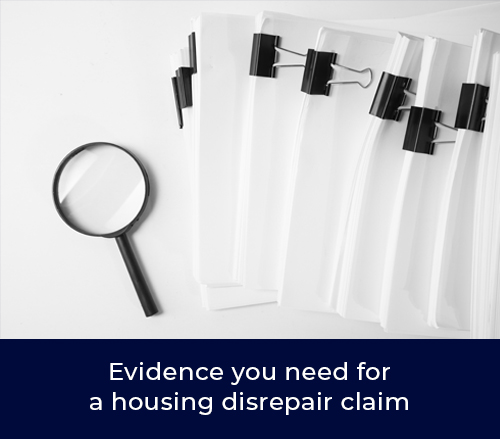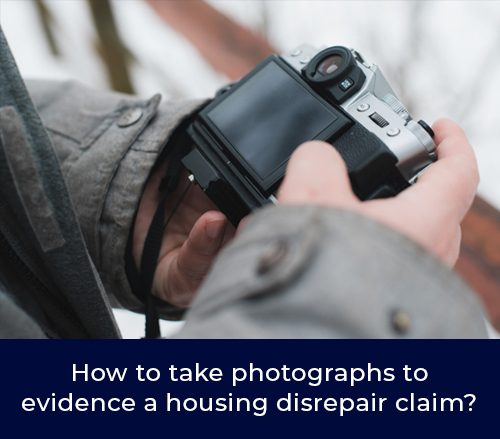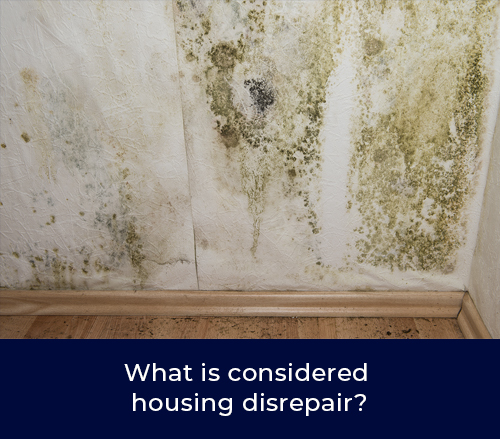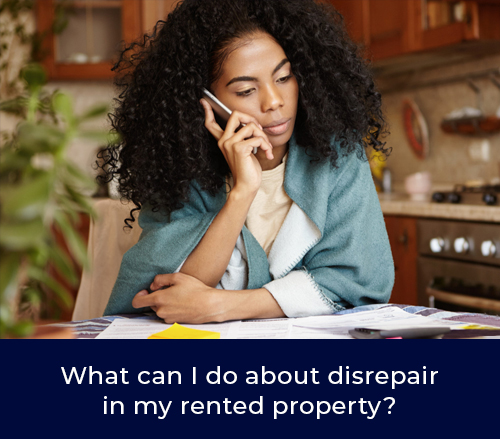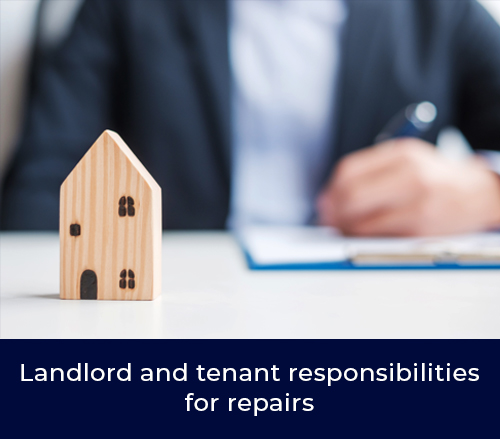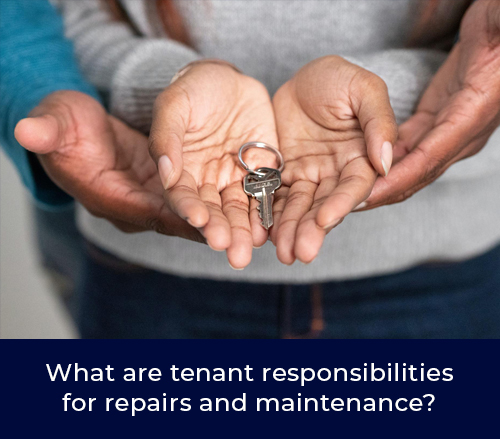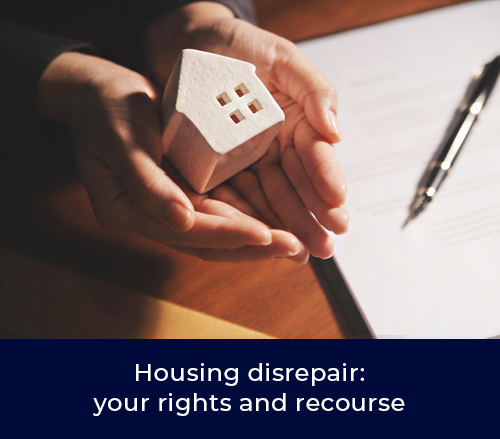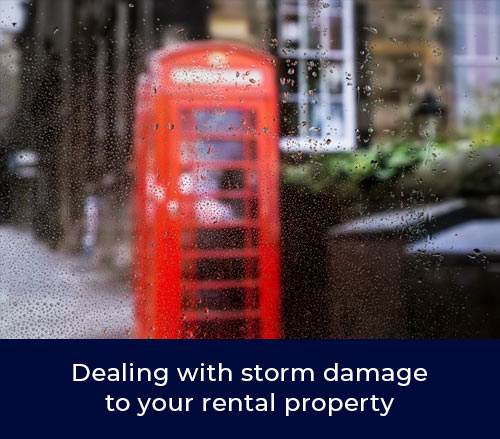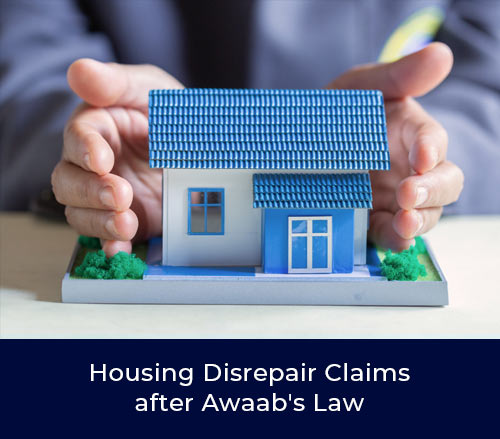Faulty electrical wiring housing disrepair claim
When you move into a council or housing association house, there are parts hidden behind walls or under floorboards that can make the property unsafe. You may not notice these and move in anyway. One such problem could be within the electrical system of the house. Faulty electrical wiring could endanger you and your family. If you have reported a danger to your landlord and they have failed to make a necessary repairs you may be eligible to claim compensation.
Contact us today for a free initial assessment so we can advise you on the best solution for your matter. Our friendly and experienced team of housing disrepair solicitors will work on your behalf to make your property safe again. We operate on a No Win No Fee basis you won’t pay a penny unless we win your case. Ask us about our competitive success fee.
The housing disrepair claim check list
Can you answer yes to the following questions? If so, please get in touch so that we can discuss your case further:
Are you renting your home from the council or a housing association?
Are your rent payments up to date?
Is your landlord responsible for the disrepair?
Has the disrepair been reported to your landlord?
Has your landlord failed to repair the issue within a reasonable amount of time?
Process your disrepair claim in 3 easy steps with us

1. Get in Touch
Are you a council or housing association tenant? Contact us and tell us about your matter. We work on a 100% No Win No Fee basis, so you won’t pay a penny unless we win. Give as much information as you can. The more information you can provide, the better chance of successfully resolving your case. The initial assessment is always free and with no obligation to engage afterwards. Call 020 8578 7778.

2. Build Your Case
Let our experts do all the legal work for you. We will explain what documents you need to provide so that we can process your application. Once received, our disrepair lawyers will complete and submit the necessary documents to counterparties and courts.

3. Success
Remove the stress by having our disrepair lawyer by your side. Let us do the hard work. We will keep you updated every step of the way resulting in a successful outcome.
Get in touch with housing disrepair solicitors
We make it easy for you to speak with our disrepair experts
Use the online chat on our website
Call us on 020 8578 7778
E-mail us contact@silveroaksolicitors.com
Visit us at our office. We are open Monday-Friday 9am - 5.30pm
When you first contact us, we will ask for some initial details. You can be assured that everything you discuss with us will be completely confidential, and any information stored by us will be in accordance with UK data protection regulations.
At SilverOak Solicitors, we provide our clients with regular updates using a range of secure platforms such as video calls, voice calls, and secure messaging, all for your convenience!
Read recent client reviews
Why choose SilverOak Solicitors?
No Win No Fee
We work on a No Win No Fee basis for personal injury and housing disrepair claims. We only take on cases we are confident we can win. If we lose, you don’t pay our fees.
Highly Experienced
Our highly experienced solicitors and consultants have secured millions of pounds in compensation.
Excellent Client Care
You’ll have a dedicated file handler and senior solicitor working on your case so you won’t need to speak to lots of different people.
SRA Regulated Law Firm
We are a trustworthy SRA regulated law firm and member of The Law Society.
What is faulty electrical wiring?
Faulty electrical wiring means you have issues with the way builders wired your house for electricity or old wiring can become worn. Once the protective plastic coating wears away, those wires could come into contact with other building materials. If a live wire touches your insulation, for example, the whole house could burn down – without exaggeration.
Faulty electrics carry a fire risk, yes, but there are other risks too. Some are minor issues such as the annoyance of a light that does not turn on until ten minutes after you flicked the switch. Others are worse, such as electric shocks when you try to turn on the cooker, or the potential for damage brought about by faulty wiring in an electrical shower.
Why wouldn’t a landlord replace faulty electrical wiring?
Old houses are most at risk from faulty wiring. This is because modern technology incorporates fire safety at its core, while old houses did not. In some cases, the only way to solve faulty wiring is to rewire the entire property. If you have a 5 bedroom house, you might expect this to take up to 10 days and cost you around £12,000.
This high price tag is exactly the reason your landlord might decide not to conduct the repair. To force your landlord to act, you may need to seek the help of a housing disrepair solicitor. They can prevent your landlord stalling for time by opening a claim for compensation through the British court system. It is high time we stopped allowing landlords free reign with tenant’s health and safety.
Who is eligible to claim for faulty wiring?
If you contact your landlord and tell them about the faulty wiring, but they take no action to rectify the situation, then you are eligible to claim compensation. You can claim compensation for your inconvenience and potential damage to your health during living with the electrical faults.
Since 2018, occupants of rented accommodation have been able to take their Landlords to court by filing a claim for compensation under the Fitness for Human Habitation Act. This act prevents landlords from renting out unsafe or unsanitary properties. Since electrical wiring faults count as unsafe, you can claim compensation for it.
We would advise that you seek the help of a housing disrepair solicitor. They specialise in this area of law, helping clients to achieve the maximum possible compensation claim for their trouble. Your case is more likely to succeed with the law on your side.
What are your rights as a tenant?
You have the right to live in a safe property that is free from anything which might damage your health. Other examples of landlord’s failing to make repairs include mould and damp, broken heating systems, or pest infestations. Your landlord must provide you with repairs to fixtures and fittings, such as damage to the bath or sink. They must also honour anything outlined in your rent agreement.
Remember, if your property is unfit for human habitation, you can seek the advice of a housing disrepair solicitor to bring them to court.
Tenant responsibilities
When you first notice that you have electrical wiring problems, you should inform your landlord about them. Do this in writing. A typed letter or email is best. Keep hold of your copy of this communication for future reference. If you must go to court, this documentation will prove you asked for the repair.
You should not make the repair yourself. In certain cases, your tenancy agreement may specify that you ought to make repairs. This is the only time you should consider making the repair yourself. Otherwise, making the repair may violate the terms of your rental agreement and put your health and safety at risk.
You must next give your landlord time to conduct the repair, or to give you a date when they will make the repair. If this does not happen, then you are within your rights as a tenant to claim compensation under the Fitness for Habitation act. You should seek out a housing disrepair solicitor to help you with this.
Landlord responsibilities for faulty wiring
Landlords are responsible for:
- The structure of the building, including exterior issues
- Any sanitary parts of the building, i.e., you must have hot running water and a basin to wash in, as well as a toilet, shower, and a place to clean dishes
- Providing you with a stable heat supply
- Repairing anything they damage while conducting other repairs. In the event of faulty electrical wiring, this means repairing any holes in the wall where the electrician had to get to the wires
Your landlord cannot charge you for the repairs and cannot withhold your deposit for them, either.
Why do you need a housing disrepair solicitor?
A housing disrepair solicitor can file a claim on your behalf. This will force your landlord to conduct the works promised. They can guide you through each careful step of the legal processes involved. When you hire a housing disrepair solicitor, they will fight for the maximum claim entitlement, while also ensuring your landlord is accountable for their actions. Alone? You just do not have the same chances of success. Speak to our team of professional housing disrepair solicitors today.
How to apply for a housing disrepair solicitor?
Applying for a housing disrepair solicitor is simple and effective, and it could earn you more money back. All you must do is call a specialist housing disrepair solicitor like ours and explain your situation. Our expert team will listen to your grievances and advise you on how to proceed. If you do as your housing disrepair solicitor advises you to, you should see a successful conclusion to your case.
Making a housing disrepair faulty wiring claim
Has your landlord failed to make repairs to your home?
Our highly experienced housing disrepair solicitors will fight for your repairs and compensation on a NO WIN NO FEE basis. Contact us for a free consultation.
If your rented home falls below a reasonable living standard because it has damp, mould or other issues, you could make a claim for compensation. You must have reported the issues and given your landlord a reasonable amount of time to repair the issues. If they have not you can make a claim for damage, personal injury, financial loss and/or nuisance.
Your landlord is responsible for the above repairs irrespective of what your tenancy agreement says. Your landlord may be responsible for additional repairs stated in your tenancy agreement.
Claims can be made either during your tenancy or after your tenancy, as long as you are making the claim within 6 years of the date that you informed your landlord of the disrepair. Personal injury claims related to housing disrepair must be made within 3 years of the date that you informed your landlord.
Your landlord may not be responsible for repairs if they are a result of you either not taking care of the property properly or doing something unreasonable.



